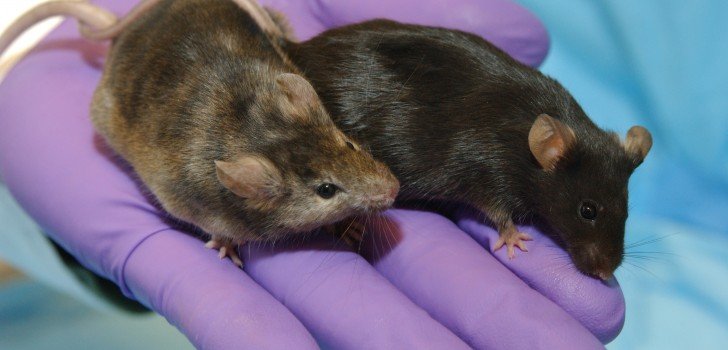Researchers have developed a form of super-intelligent mice by altering a single gene. An added bonus was the modification also produced a drop in the mice’s ability to feel anxiety and recall fear. The hope is that such research will lead to new treatments for cognitive diseases such as Alzheimer’s and schizophrenia.
The particular gene altered in the experiment is responsible for producing the enzyme phosphodiesterase-4B (PDE4B), and is present in the brains of many vertebrates. Altered mice produced less PDE4B and were demonstrated to have faster learning ability, better memory, and improved performance in problem solving.
The decreased ability to recall fearful events in PDE4B mice shows promise in the treatment of individuals who may suffer from Post-Traumatic Stress Disorder (PTSD). The mice’s drop in fear-related memory was also associated with a lack of fear for cat urine, which would clearly pose an increased risk to survival.
This could be dangerous if the same effect were to display in humans, as fear for imminent threats is a healthy adaptation.
The so-called “brainy mice,” were shown to grow more neurons than the control group, and also an increase in the number of connections between memory-associated neurons. This may account for the rise in memory ability and hold promise in the research of Alzheimer’s treatments.
Dr. Laura Phipps of Alzheimer’s Research UK stated, “This study highlights a potentially important role for the PDE4B gene in learning and memory in mice, but further studies will be needed to know whether the findings could have implications for Alzheimer’s disease or other dementias.”
More work is being done with specific drugs that would act to inhibit the PDE4B gene. If a drug can be developed to inhibit PDE4B, animal subjects will be tested first, followed by human trials if results are promising.
The study was published in the journal Neuropsychopharmacology and was funded by the UK Medical Research Council.
Stay Connected